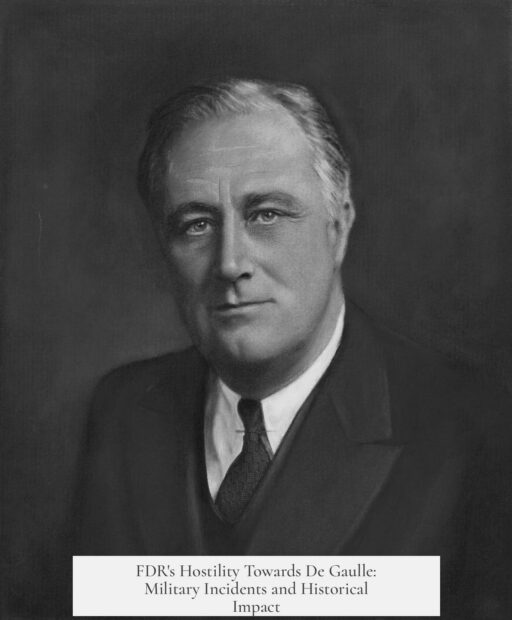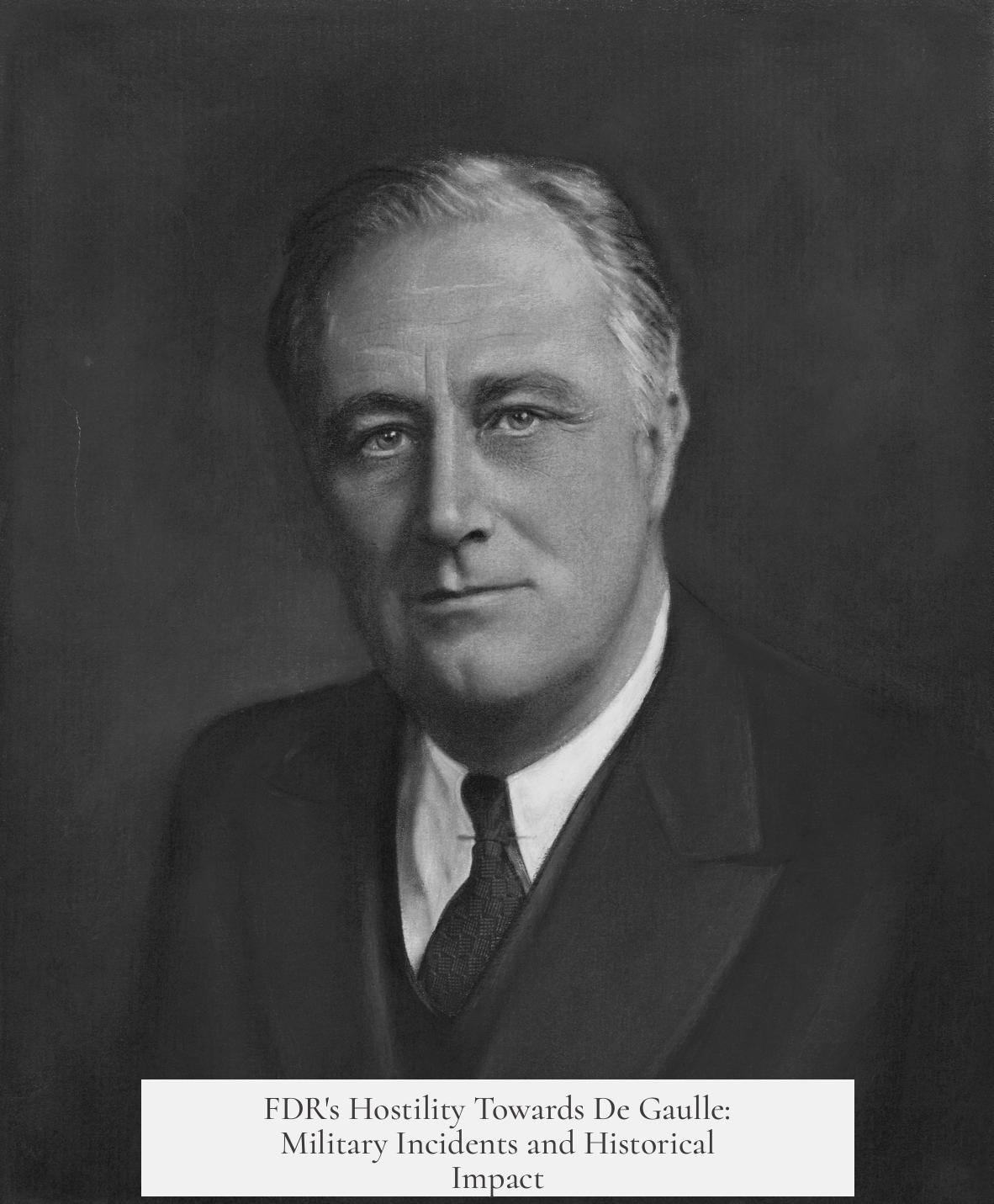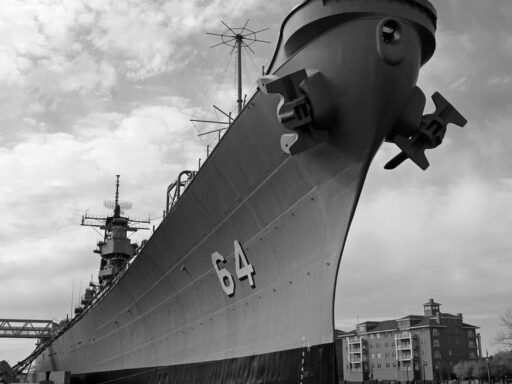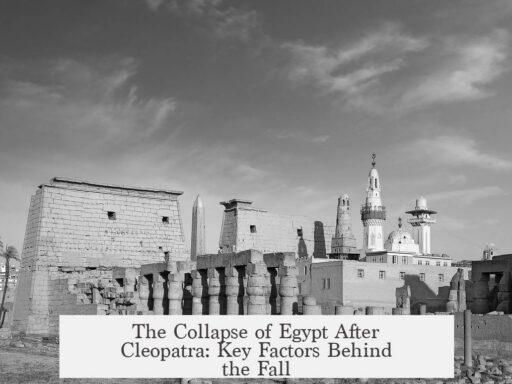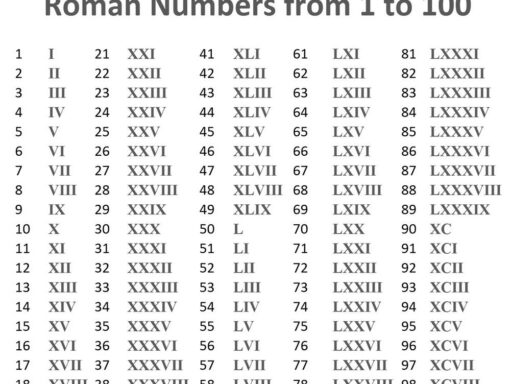Franklin D. Roosevelt’s intense dislike for Charles de Gaulle arose mainly from deep mistrust of De Gaulle’s personality, political ambitions, and his refusal to cooperate smoothly with the Allies during World War II. Their strained relationship stemmed from ideological differences and conflicting wartime priorities that only worsened over time.
De Gaulle’s personality was notoriously difficult. He projected an unyielding ego, often alienating political leaders and Allied commanders. His speeches famously asserted that France had liberated itself, emphasizing “the only France, the true France, the eternal France.” This self-aggrandizing tone ignored the vital contributions of Allies, notably Britain and the United States, straining diplomatic ties.
One vivid example was De Gaulle’s refusal to allow British troops to participate in the Paris victory parade in 1944, despite their long-standing support of the Free French forces. This act offended Allied sensibilities and revealed De Gaulle’s insistence on unilateral control of France’s liberation narrative.
Roosevelt’s mistrust was not based solely on personal dislike. He viewed De Gaulle as a potential dictator—akin to a Napoleonic figure—who might impose authoritarian rule postwar. This suspicion dated back to 1940, when France fell to Germany and De Gaulle formed the Free French movement.
During that period, Roosevelt and the US government recognized the Vichy regime under Marshal Pétain as the legitimate French government, while Churchill’s government backed De Gaulle. This split in recognition was a major source of tension. De Gaulle antagonized Roosevelt by constantly challenging this stance and refusing to accept any authority other than his own over French resistance efforts.
De Gaulle harbored resentment toward the “Anglo-Saxons,” blaming them for sidelining the Free French early on. He was inflexible and combative in his approach to Allied cooperation. His unilateral military actions highlighted this problem, undermining Allied unity.
The St. Pierre and Miquelon incident in 1941 exemplified De Gaulle’s defiant behavior. Without consulting Roosevelt, Churchill, or Canadian Prime Minister William Mackenzie King, De Gaulle’s forces seized these French islands near Canada. The Allies viewed this as a reckless breach of protocol and a violation of US interests under the Monroe Doctrine. The operation alarmed Washington and London, causing a diplomatic uproar and worsening Roosevelt’s opinion of De Gaulle.
Even after the Normandy landings in 1944, Roosevelt persisted in seeking alternatives to De Gaulle. He attempted to install other French leaders, such as Edouard Herriot, hoping for a more compliant figure. Roosevelt withheld official recognition of the Free French government until October 30, 1944, over a year after D-Day. Moreover, the US maintained diplomatic relations with the Vichy regime until late 1942. These moves reveal how much Roosevelt distrusted De Gaulle’s suitability for leadership.
Churchill often acted as a mediator between the two, favoring Roosevelt but understanding the necessity of working with De Gaulle, which added to De Gaulle’s resentment. This triangular tension persisted through the war, balancing military cooperation with political discord.
- De Gaulle’s difficult personality and strong ego alienated Roosevelt and other Allied leaders.
- Roosevelt saw De Gaulle as a potential dictator and distrusted his political ambitions.
- The US recognition of the Vichy government contrasted with British support of De Gaulle, sowing mistrust.
- De Gaulle’s unilateral military actions, like at St. Pierre and Miquelon, worsened relations.
- Roosevelt attempted to replace De Gaulle with more agreeable French leaders after D-Day.
The Roosevelt-De Gaulle rivalry was shaped by divergent visions for France’s future and wartime politics. Their mistrust and conflicting personalities created profound friction, revealing how alliances can be strained by leadership clashes even among allies fighting a common enemy.
Why Did FDR Hate De Gaulle So Much?
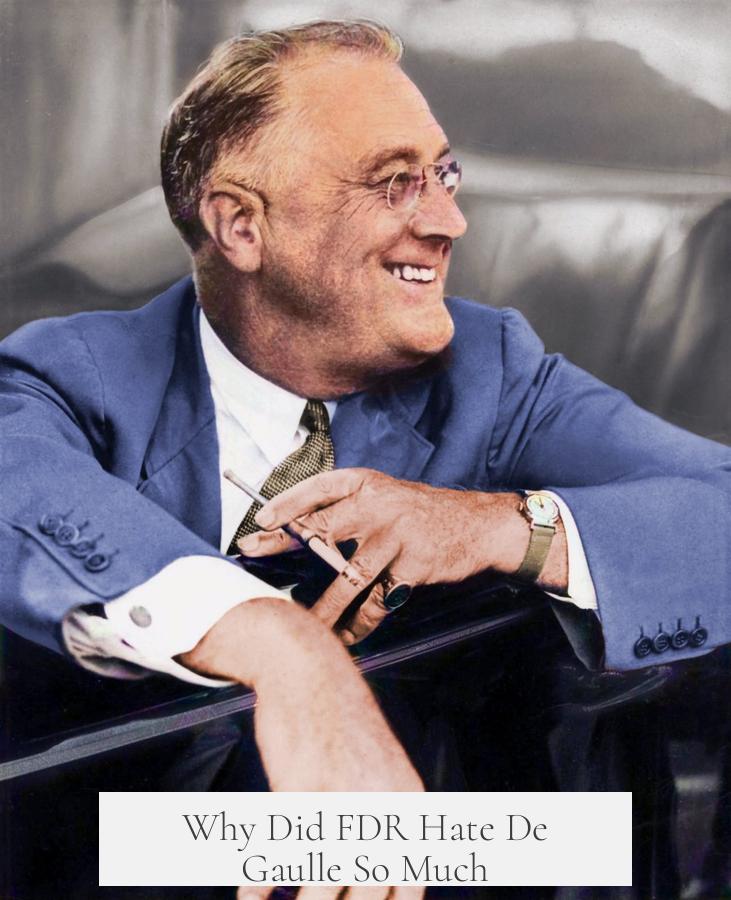
In one word: mistrust. Franklin D. Roosevelt didn’t merely distrust Charles de Gaulle—he downright *hated* the man’s pose, decisions, and what he saw as an ego bigger than the Eiffel Tower itself. But why? Let’s unpack the story behind this legendary clash of titans during a time when unity was supposed to be the name of the game.
First things first, Charles de Gaulle was not your average, easy-to-like leader. Imagine a personality so grating that it’s like constantly rubbing sandpaper on your political nerves. De Gaulle was famously brash and boastful. He didn’t just have a bit of ego; he practically radiated it like the sun itself—so bright it blinds. Take, for instance, his famous speech about Paris: “Paris! Paris outraged! Paris broken! Paris martyred! But Paris liberated! Liberated by itself… the only France, the true France, the eternal France.”
Ouch, right? That statement wasn’t just about pride—it was a slap to the face of the British and Americans who played a huge role in liberating Paris during World War II. De Gaulle even refused to allow British troops to march in the Paris victory parade, despite their key role alongside the Free French forces. Talk about rubbing salt in the wound.
FDR’s problem wasn’t just that de Gaulle had a big ego; it was that he was hard to control. Roosevelt saw De Gaulle as a potential dictator, perhaps France’s next Napoleon, itching to seize power with little regard for allies or diplomacy. And that poor mouthy general had been hard to handle since 1940, when the French army was crumbling and De Gaulle started rallying the Free French Resistance from London.
Here’s where the diplomatic drama kicks in. Britain’s Churchill recognized de Gaulle quickly. The U.S., under Roosevelt’s lead, *did not.* Instead, Roosevelt initially recognized Marshal Philippe Pétain’s Vichy government as a legitimate continuation of France’s Third Republic. This official stance made the Free French leader feel snubbed and sidelined, which planted the seeds of bad blood between him and Roosevelt.
Roosevelt didn’t just mistrust de Gaulle personally but doubted his political usefulness. He found de Gaulle’s refusal to “play nice” frustrating. The general didn’t trust the Anglo-Saxons and deeply resented their reluctance to fully embrace the Free French forces. Their mutual impatience fueled an increasingly prickly relationship. Churchill often played the role of peacekeeper but also made clear who he preferred—hint: not de Gaulle.
A Military Mess: The St. Pierre and Miquelon Incident
If you think this feud was just political posturing, think again. De Gaulle’s military decisions only worsened things. Take the capture of the small French islands of St. Pierre and Miquelon off Canada’s coast. The Free French forces seized the territory without informing any of their supposed allies—no heads-up to the U.S., Britain, or Canada. The Canadians were blindsided, as were the Americans, who saw this as a blatant challenge to the Monroe Doctrine and felt the operation disrupted carefully maintained regional balance.
Imagine the panic: Allied naval forces thought enemy ships were arriving. De Gaulle’s unilateral action was a recipe for distrust and infuriated Roosevelt further. It wasn’t just the act; it was the brazen disrespect for allied coordination. Needless to say, Roosevelt’s dislike intensified.
Trying to Cut De Gaulle Out of the Picture
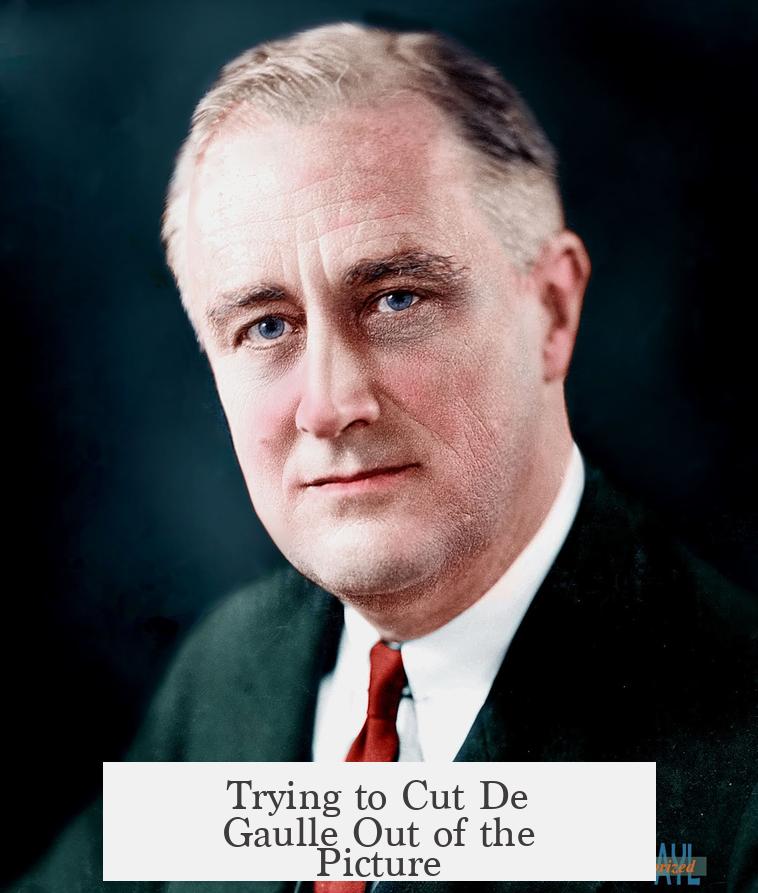
The tension went beyond passive annoyance. Roosevelt clung to hopes of sidelining de Gaulle, preferring to back politicians like Édouard Herriot to lead post-liberation France. This went on well after the Normandy landings in 1944, even though it was clear no one else commanded the loyalty De Gaulle enjoyed. Roosevelt officially refused to recognize the Free French government until October 30, 1944, over four years into the conflict.
Until late 1942, the U.S. even maintained an embassy to the Vichy regime—*the regime collaborating with the Nazis.* This speaks volumes about Roosevelt’s skepticism towards de Gaulle, whose Free French were actively fighting the Axis powers.
So, What Does This Mean for History?
De Gaulle’s ego, his unwillingness to cooperate fully with the Allies, and his relentless pursuit of French sovereignty grated on Roosevelt’s nerves. Roosevelt, for his part, worried that de Gaulle wasn’t the steadfast, reliable partner the Allies needed, but rather a political loose cannon with autocratic ambitions. The clash was less about personal dislike and more about conflicting visions for France’s future and leadership in the post-war world.
Why does this matter today? It reminds us that alliances during war are fragile. They hinge not just on shared enemies, but on personalities, trust, and politics. De Gaulle’s assertiveness helped shape modern France, but it did so while ruffling feathers at the highest levels. Roosevelt’s caution helped preserve Allied unity but also delayed recognition of a key French resistance leader.
If you were Roosevelt, faced with a fiery figure like de Gaulle, how would you handle the tension? Would you give in to a powerful but difficult ally, or try to find other options? History shows which path Roosevelt chose, and why it came with a fair share of diplomatic headaches.
In the end, FDR’s “hatred” for de Gaulle boiled down to deeper issues: mutual distrust, ego clashes, and competing political ambitions. This tale is a vivid chapter of World War II, showing that even in the biggest fights, personality and politics shape outcomes as much as armies and strategies do.
